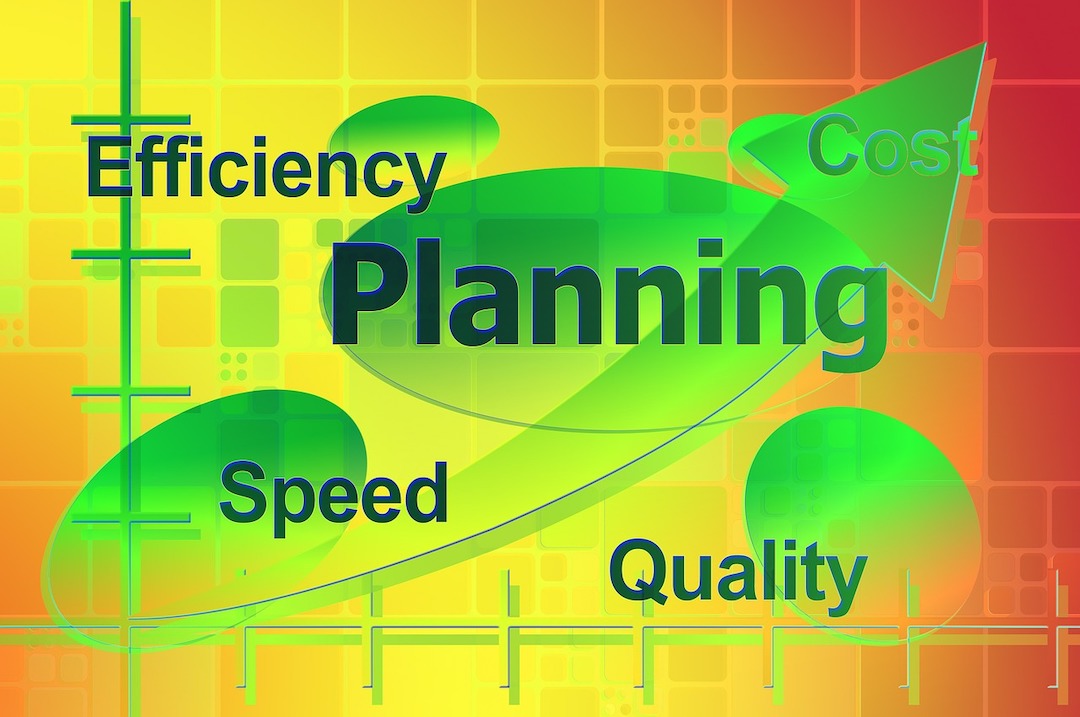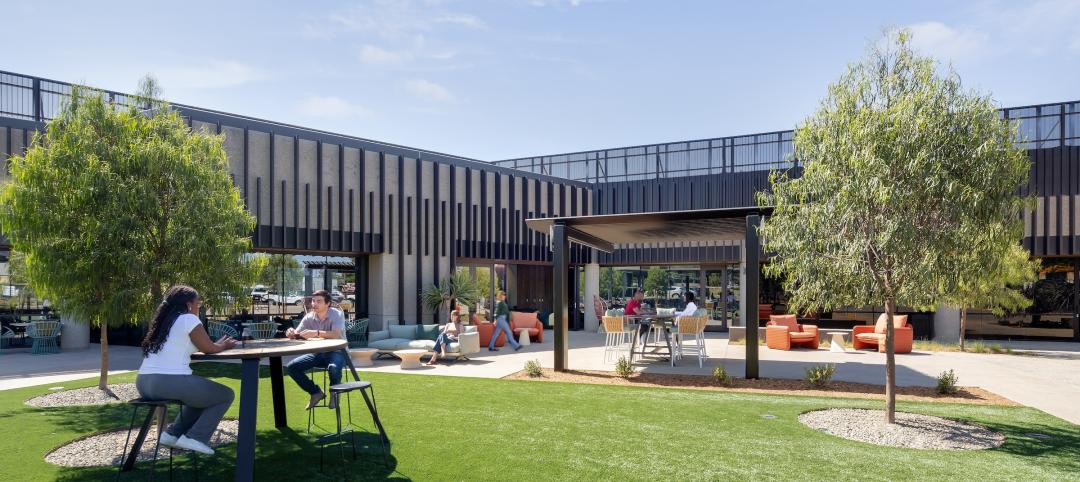Truth be told, for all parties involved in a construction project, it’s the bottom line that's the top concern. Owners and developers, architects and engineers, general contractors and subs, and consultants—every member of the team is ultimately—if not overtly—focused on the project’s profitability.
While this is the case, conventional approaches to cost estimating that many owners and developers have come to rely on may not always yield the best or expected results that benefit all parties. Budget shortfalls can often happen when they rely on data that is outdated, or when obtaining costs from a single source without enlisting a second pair of eyes to provide independent assessments and monitoring of budgets.
An alternative—working with an independent cost manager—may be a new concept for some owners, but holds far greater promise of saving them [and their team members] money and time. By treating the client’s investment as if it were their own, and actively serving as the client’s advocate, an independent cost manager adds quantifiable value to their work. Engaging a cost manager in the earliest stages of a project has a relatively modest impact on the process and timeline and can help to avoid snowballing setbacks as the project progresses.
Here’s a checklist of some key go/no-go indicators that cost managers use to put a project on the road to profitability:
- Scheduling. Hindsight may be 20/20, but in construction, foresight offers greater value. Cost managers use both historical and predictive data to determine the best time to break ground on a project and calculate its duration. Drawing on their knowledge of manufacturing and global logistics, cost managers can chart a reliable course for timely sourcing and procurement, resulting in an optimal schedule that appropriately captures project delivery risks.
- Market conditions. To make the most of investment dollars and establish a favorable financing environment, cost managers factor in real estate trends and cost variances for different locations. As part of the due diligence process in the early stages of a project, a cost manager can also advise clients on the programming of a building. Replacement cost estimates can reveal a building’s true value in the market, maximizing its selling value. This allows owners to see if the numbers work, and to make a go/no-go decision on the path forward.
- Procurement. A conscientious cost manager can advise their client about the advantages and disadvantages of a variety of alternative construction delivery systems, such as design-bid-build, design-assist, and design-build, helping them select the method that best aligns with their budget and schedule goals.
- Pricing. Lately, material, labor, and equipment costs have been exceptionally volatile. Unlike contractors and sub-contractors who draw solely on their past experience from the builder’s perspective to guesstimate these prices, cost managers minimize unexpected and unwelcome budget disruptions by using highly targeted, real-time data to accurately project future pricing trends. This forms the basis for creating a provisional budget for the various project-building components [i.e., structural system, exterior wall, lighting, and HVAC systems], an essential tool for developing and analyzing the project construction budget.
Watching for Red Flags
If a cost manager isn’t on board for the initial stages of the project, there are still opportunities to enlist their aid; in fact, there are critical situations when reaching out to an independent cost manger can mean the difference between a successful, profitable project and a resource-sapping undertaking. These three red-flag scenarios include:
- “Free” estimates. Often offered as an incentive for prospective clients by contractors, free cost estimates are frequently based on non-competitive data from a single source that may not reflect current dollar values or cost influencers, and therefore may not equate to a comprehensive construction cost. Third-party cost managers work only with fresh data—in many cases, proprietary—that accounts for current market conditions, is tailored to the needs of specific projects, and provides realistic cost information throughout the course of a project.
- Doubts from the design team. If the design team says the budget is inadequate, there is an opportunity to mitigate that before resorting to value engineering. Working directly with the design team, a cost manager can guide them through the process of identifying and selecting alternative solutions that won’t derail the design—or the budget.
- Rapid cost escalation in design-build projects. The efficiencies of the design-build delivery method are predicated on an accelerated schedule and a reduction in change orders. If there is a delay in any phase of the process, costs can quickly soar. A cost manager can step in and make new budget projections that can help reduce loss.
Once a cost manager has created the optimal scenario for the project, it’s a “Go” to the design phase. Having prepared cost estimates based on the schematic design documents, design development documents, and construction documents, the cost manager can provide guidance to the design team related to the cost impact of design decisions throughout the design process. Armed with this information, a realistic budget can be created, giving the design team a solid foundation on which to build, and minimizing budgetary surprises as the project moves into construction.
With construction costs typically making up about 70% of an owner’s budget in a project, there’s a lot at stake in a building project. When engaged at the outset of the job, a proactive cost manager will not just protect that investment, they will identify ways to increase the profit margins throughout the process. There’s little doubt that engaging a third-party cost manager adds a small cost up-front, but it will yield a larger payback; one that also pays it forward in terms of client service.
Related Stories
M/E/P Systems | Oct 30, 2024
After residential success, DOE will test heat pumps for cold climates in commercial sector
All eight manufacturers in the U.S. Department of Energy’s Residential Cold Climate Heat Pump Challenge completed rigorous product field testing to demonstrate energy efficiency and improved performance in cold weather.
MFPRO+ New Projects | Oct 30, 2024
Luxury waterfront tower in Brooklyn features East River and Manhattan skyline views
Leasing recently began for The Dupont, a 41-story luxury rental property along the Brooklyn, N.Y., waterfront. Located within the 22-acre Greenpoint Landing, where it overlooks the newly constructed Newtown Barge Park, the high-rise features East River and Manhattan skyline views along with 20,000 sf of indoor and outdoor communal space.
Resiliency | Oct 29, 2024
Climate change degrades buildings slowly but steadily
While natural disasters such as hurricanes and wildfires can destroy buildings in minutes, other factors exacerbated by climate change degrade buildings more slowly but still cause costly damage.
Hotel Facilities | Oct 29, 2024
Hotel construction pipeline surpasses 6,200 projects at Q3 2024
According to the U.S. Hotel Construction Pipeline Trend Report from Lodging Econometrics, the total hotel pipeline stands at 6,211 projects/722,821 rooms, a new all-time high for projects in the U.S.
Office Buildings | Oct 29, 2024
Editorial call for Office Building project case studies
BD+C editors are looking to feature a roundup of office building projects for 2024, including office-to-residential conversions. Deadline for submission: December 6, 2024.
Healthcare Facilities | Oct 28, 2024
New surgical tower is largest addition to UNC Health campus in Chapel Hill
Construction on UNC Health’s North Carolina Surgical Hospital, the largest addition to the Chapel Hill campus since it was built in 1952, was recently completed. The seven-story, 375,000-sf structure houses 26 operating rooms, four of which are hybrid size to accommodate additional equipment and technology for newly developed procedures.
Contractors | Oct 25, 2024
Construction industry CEOs kick off effort to prevent suicide among workers
A new construction industry CEO Advisory Council dedicated to addressing the issue of suicide in the construction industry recently took shape. The council will guide an industry-wide effort to develop solutions targeting the high rate of suicide among construction workers.
Sports and Recreational Facilities | Oct 24, 2024
Stadium renovation plans unveiled for Boston’s National Women’s Soccer League
A city-owned 75-year-old stadium in Boston’s historic Franklin Park will be renovated for a new National Women’s Soccer League team. The park, designed by Fredrick Law Olmsted in the 1880s, is the home of White Stadium, which was built in 1949 and has since fallen into disrepair.
Laboratories | Oct 23, 2024
From sterile to stimulating: The rise of community-centric life sciences campuses
To distinguish their life sciences campuses, developers are partnering with architectural and design firms to reimagine life sciences facilities as vibrant, welcoming destinations. By emphasizing four key elements—wellness, collaboration, biophilic design, and community integration—they are setting their properties apart.
Adaptive Reuse | Oct 22, 2024
Adaptive reuse project transforms 1840s-era mill building into rental housing
A recently opened multifamily property in Lawrence, Mass., is an adaptive reuse of an 1840s-era mill building. Stone Mill Lofts is one of the first all-electric mixed-income multifamily properties in Massachusetts. The all-electric building meets ambitious modern energy codes and stringent National Park Service historic preservation guidelines.

















